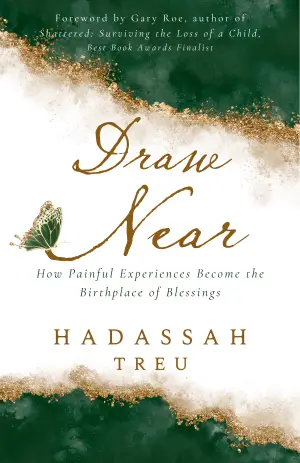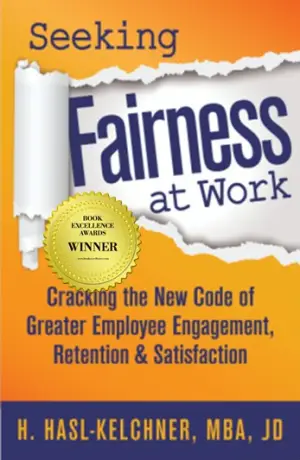Nothing Serious: A Troubling Deep Dive into Obsession and Abuse
When I first stumbled upon Nothing Serious by J.D. Cresswell, the title felt like a playful bait-and-switch, promising lighthearted escapism that was anything but. Instead, I was met with a narrative that packed a punch, exploring themes of obsession, trauma, and the often murky waters of personal relationships. It’s an ambitious work, one that engages with heavy topics, and I found myself unsettled yet compelled to reflect.
Themes and Characters
The protagonist, Edie Walker, is one whom readers might find both familiar and frustrating. As a character, she embodies a sense of hopelessness and a desperate need for validation—a theme that resonated with me more than I would have liked. Edie idolizes Peter, an archetype of the charming yet toxic “tech bro,” and her obsession with him spirals into a quest shrouded in moral ambiguity. The revelation of a woman’s suspicious death linked to Peter sends her into a tailspin of introspection and denial.
It’s hard not to view Edie through a critical lens; her lack of agency and decision-making left me exasperated at times. It’s as if she is tethered to her past—a trauma involving her abusive father—yet I often found myself wishing she would take ownership of her circumstances instead of relying on Peter as her crutch. There’s an uncomfortable, almost suffocating stasis in her character arc, one that raises more questions than it answers. What drives Edie’s insistence on turning a blind eye to Peter’s flaws for so long? Are we merely witnessing a byproduct of her unresolved childhood trauma, or is it a deeper commentary on the societal constructs that compel women to settle?
Writing Style and Impact
Cresswell’s writing is both gritty and raw, inviting the reader into the tumultuous landscape of Edie’s psyche. The pacing, while it sometimes meanders into tedious territory, ultimately mirrors the slow unraveling of Edie’s delusions. One memorable passage describes the drudgery of Edie’s routines; it resonated with me as a reminder of how easy it is to fall into a pattern of complacency.
Despite my mixed feelings toward Edie, the layered narrative and insightful observations kept me engaged. The book starkly confronts issues like eating disorders, alcoholism, and domestic abuse, providing ample trigger warnings for readers—my own discomfort is a testament to the power of Cresswell’s storytelling.
Conclusion: Who Should Read This?
Ultimately, Nothing Serious isn’t for everyone. If you’re seeking a light read or a romantic escapade, you’ll likely feel out of place. However, for those interested in psychological complexity and character-driven narratives laden with social critique, this book may strike a chord. It left me with lingering questions, reminding me that sometimes stories don’t offer neat resolutions. Perhaps that’s the beauty—and the frustration—of life itself: messy, unresolved, and unqualified by the notion of "seriousness."
In a world where escapism often reigns, Nothing Serious invites a deeper reflection on the realities we face, urging us to confront our patterns and the relationships we cling to. As I closed the book, I couldn’t help but wonder: how many Edies are out there, drifting in the shadows of their own lives?



















